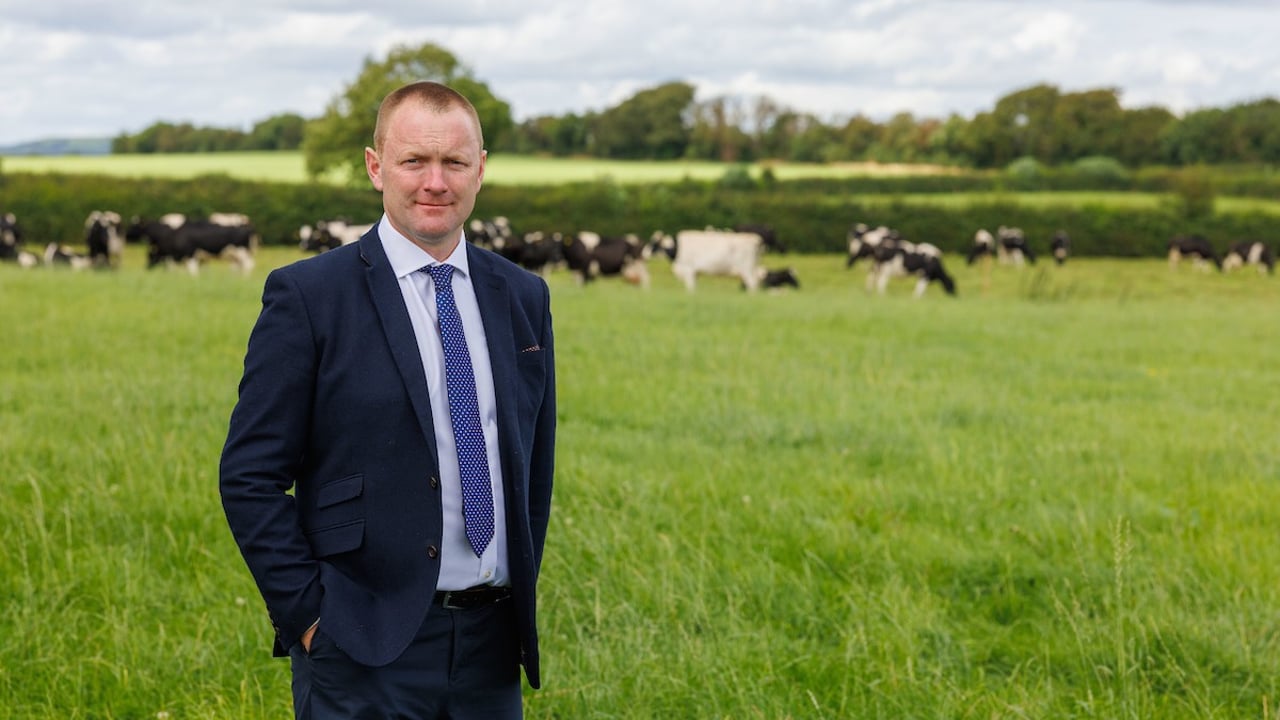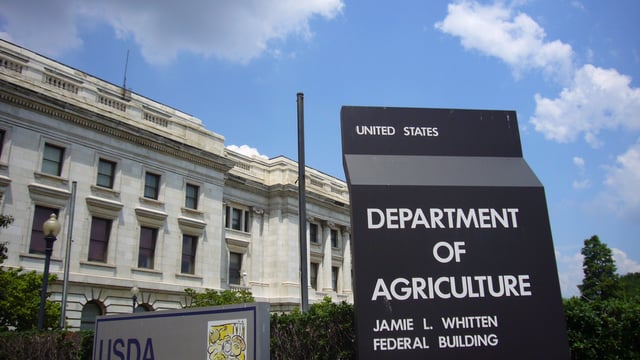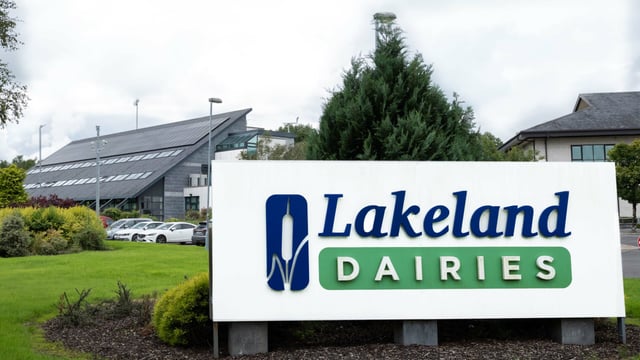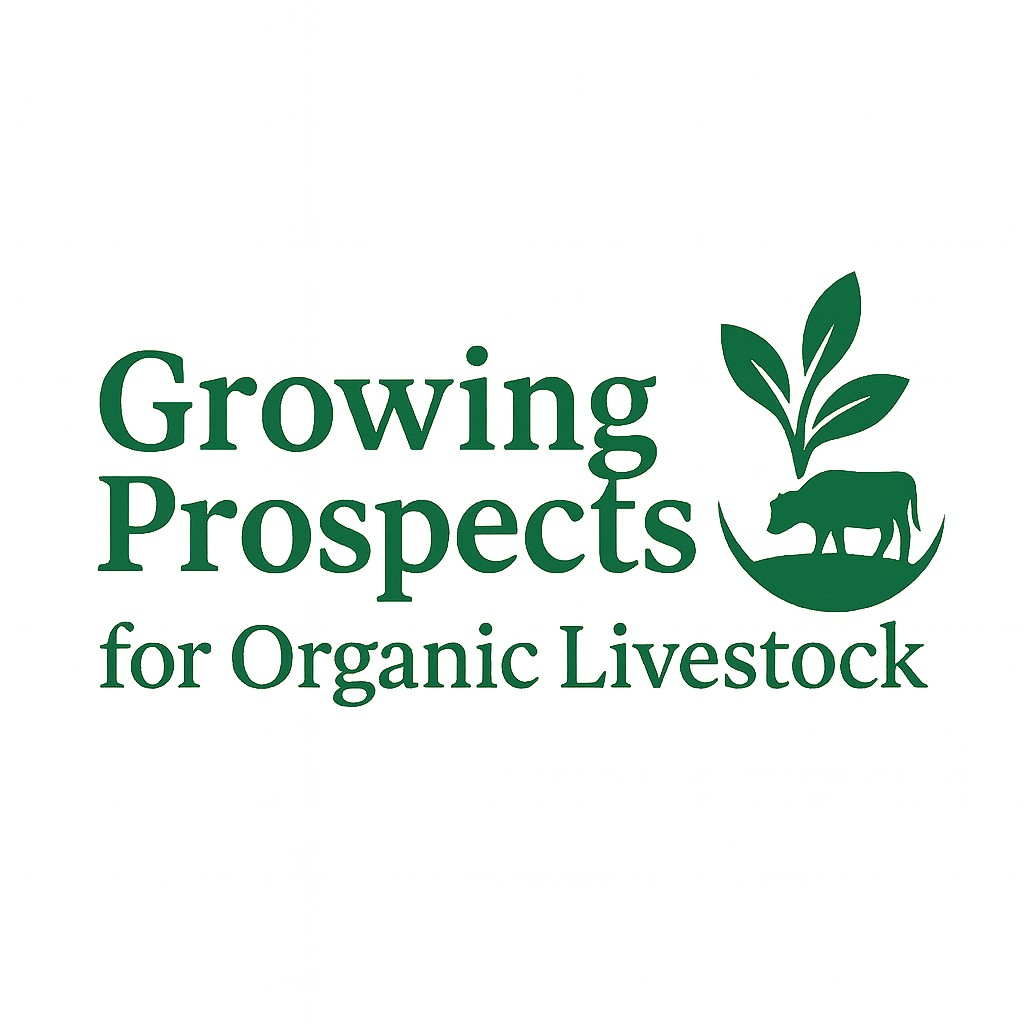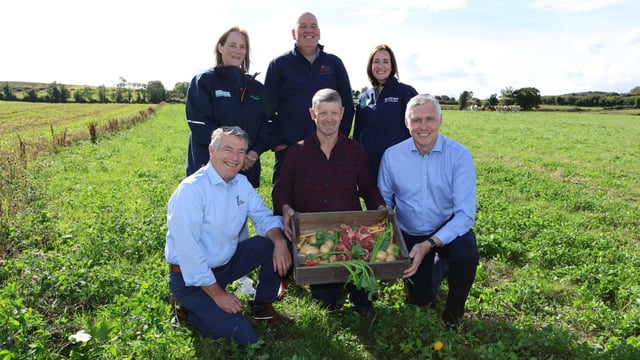Denis Drennan joins European Milk Board Executive Committee
The Danish dairy farmer Kjartan Poulsen will remain at the helm of the European Milk Board (EMB) as its president.
This year’s EMB General Assembly, which was attended by farmers’ representatives from all over Europe, also voted for Boris Gondouin, Executive Committee member for the French APLI dairy farmers’ association, to take on the role of vice-president.
Guy Francq from the Belgian MIG, Guntis Gutmanis from the Latvian LOSP and Roberto Cavaliere from the Italian APL were also confirmed as Executive Committee members.
The EMB has also welcomed Denis Drennan from the Irish Creamery Milk Suppliers Association (ICMSA) and Jens Scherb from the German BDM as new members of the Executive Committee.
The General Assembly thanked the former vice-president Elmar Hannen from Germany, who the assembly said made a significant contribution to the work of the EMB in recent years.
Apart from the elections to the Executive Committee, the General Assembly also turned its attention to what is called the "problematic" trade agreement between the EU and the Mercosur countries.
The dairy farmers attending from all over Europe expressed their unanimous opposition to the agreement, which they said is harmful to agriculture and to the global population.
Some of the reasons outlined by the EMB in opposition to the deal are as follows:
- The agreement brings benefits to the industry, but not to the farmers and to the citizens. It is fair neither for the people and farmers in Europe, nor for the people and farmers in South America;
- The agreement squeezes prices for farmers and further exacerbates their situation, which is already bad enough. It therefore offers no chance for social sustainability;
- Domestic agricultural production is displaced by cheap imports that are below the EU standard. This leads to food products landing on the European market with unknown production processes and ingredients that do not fulfil the European standards;
- Despite all the talk about sustainability and climate protection, transporting food around the world is a move in the opposite direction. The free-trade agreement torpedoes the attempts being made by the EU to establish sustainable forms of agricultural production in the Union. As a result, ecological sustainability is sidetracked;
- Food production is a question of national security. This is also torpedoed by the trade agreement;
- The EU Commission is taking an anti-democratic approach when allowing loopholes in the law to be exploited during the process of voting for such an important trade agreement.
Another topic at the General Assembly focused on the EMB’s proposals for reform of the Common Agricultural Policy (CAP).
In view of the fact that dairy farmers throughout Europe are constantly faced with prices that are well below production costs while other players in the value chain make good profits, noticeable changes must be made to the sector, and action must be taken to prevent harmful imports, according to the EMB.
The board has argued that the position of the European farmers on the market is simply not strong enough and that the market is working against them.
"They are in a weak position compared to the dairies which does not allow them to assert their production costs. In other words, there is no real freedom of contract or bargaining power for the farmers," the EMB has stated.
"Nor is this situation changed in any respect by the possibility of farmers pooling in producer organisations, or by the highly inadequate articles about contracts in the CMO Regulation.
"Moreover, the dairy sector in particular is having to deal with constant crises that put even more pressure on the already precarious financial situation, to the extent that more and more dairy farmers are giving up," the EMB stated.
According to the group of European farmers, the agricultural sector needs a regulatory framework to rectify these shortcomings.
The following areas for reform have been identified as necessary for restructuring the agri-food sector:
- Expansion and further development of the Milk Market Observatory and automation and expansion of the voluntary production reduction scheme, based on the Market Responsibility Programme as a role model;
- EU legislation requiring prices to be higher than production costs;
- Reforming EU contracting;
- Expansion of pooling in producer organisations with the inclusion of producers from cooperatives;
- Creating cost transparency in cooperatives by means of compulsory cost calculation by the cooperatives;
- Safeguarding compliance with EU standards in imported products using mirror clauses, and excluding agriculture from free-trade agreements;
- Public recognition and promotion of Fair Milk products.
While protests by farmers are flaring up again in some countries, the EMB General Assembly agreed that important reforms in the agricultural sector must trigger a fundamental change to put food production in the EU on a stable and secure footing that is also fair for the farmers.

